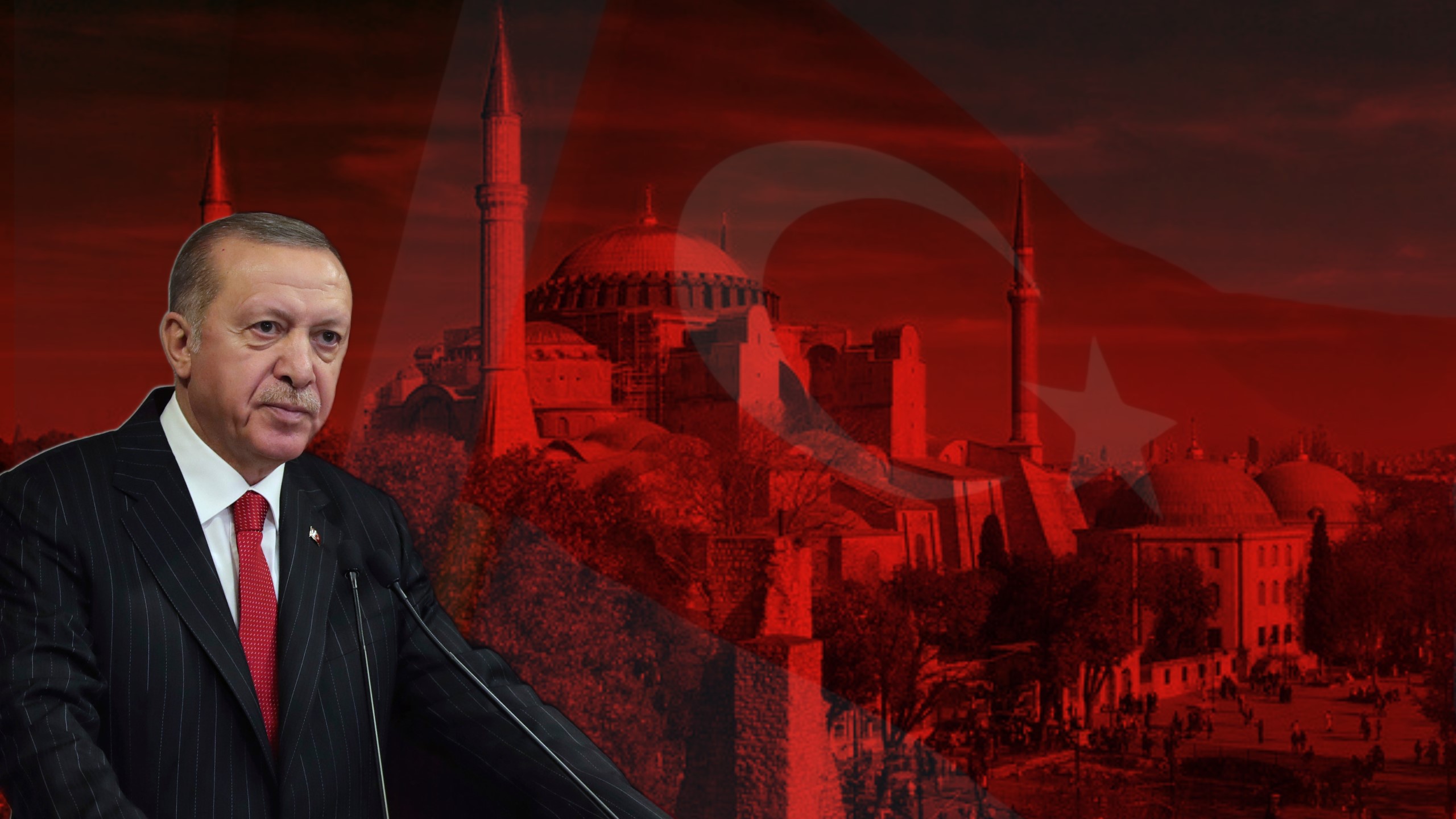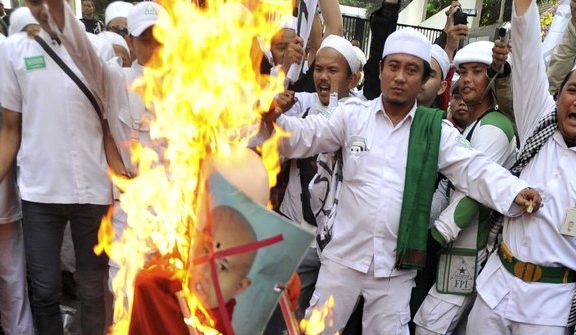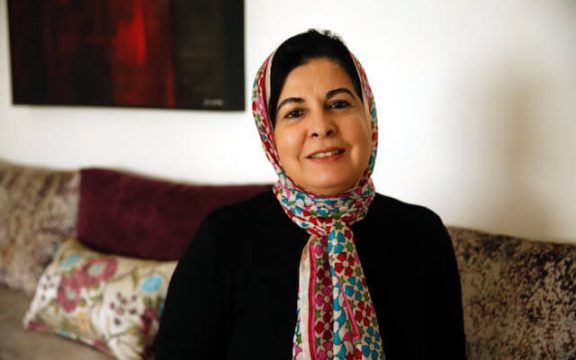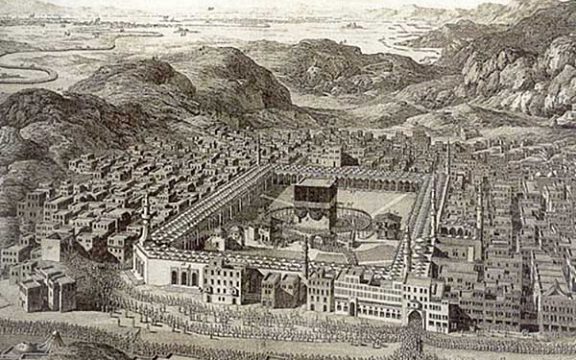Other than the geopolitical factors in the Middle East that accelerated the birth of the Islamic State of Iraq and al Sham (ISIS), other problem that Muslims shouldn’t overlook is the idea of Islamic country or khilafah. The banishment of ISIS in Indonesia doesn’t automatically make its idea die out.
We know all too well that some Muslim elements in this country had have tried to bring the khilafah institution back alive. What differs them from ISIS is only their methods. While ISIS method is brutal and often horrific, the Indonesian elements are not. But their goal is the same, even the epistemology of their interpretation is also the same. That means there are a big potency for this Indonesian elements to give birth to warriors like the ISIS’ “mujahid” (jihadis), in one or another form. Therefore, idea critics and counter-interpretations are very important.
As far as I’m concerned establishing an Islamic country and applying sharia (actually sharia means “way (of)” and more related to methods than to positive law, rhetorically speaking, wouldn’t be a problem. If Indonesia had been considered as an Islamic and sharia-adopting country that would also not be a problem. The problem lies within the contents. When it is the substance of sharia which is justice (mentioned in the Quran as “near to piety”; aqrabu lit taqwa) that is being prioritized, then it’s just okay.
But apart from the problem with the term, the khilafah idea like the one interpreted by ISIS and some of Islamic movements in Indonesia, once it is being revived, would mean that we are moving backward, setback to the Middle Age. Several institutions in the khilafah were mirrors to their era and are not compatible with the modern era and democracy.
One good example is the application of jizyah (head tax) and non-Muslims dzimmi who are considered second class citizens. This practice was once used in the old time khilafah. ISIS applied this in Iraq, to the city of Mosul’s Christians, who were given just three choices had they still be resided in ISIS’-claimed territory: convert to Islam, pay the jizyah, or combated. In the end the Christians chose to leave Mosul. (One important questions mirrored from this phenomenon: what is the difference between ISIS and the people in Sampang, Madura, Indonesia, who turned the Shiite away from their village, giving them an ultimatum that they could return home only if they followed the Sunni way? Both are equally coercion!)
Other impact of the khilafah idea (which is the product of its era) is the appearance of foced interpretation from certain mazhab (schools) when it’s the ruling class; it’s the same with the time of Roman empire when Catholic was the state’s religion and other schools were considered heretics and being slayed—it was then the “non-state” Christians and Jews chose to live under the umbrella of Islamic Daulah (states union), which guaranteed freedom of religion—while what ISIS do is exactly the opposite to this.
ISIS’ demeanor is an example of the manifestation of a “state” or khilafaf that coerced law interpretation. Ruled with their ultra-puritan interpretations, ISIS demolished grave yards (for they are considered as sources of shirk (deification or worship of anyone or anything other than God i.e. Allah); memorial statues of notable figures in history (considered pagan idols), and they even took down other religions’ worship place. They don’t give a damn that actually in the Noble Qurân, Chapter 22 Verse 40, it is strictly forbidden to cast people out of their home and destroy worship places where God (Allah) name is being summoned—therefore, what ISIS did to Iraqi Christians is a major violation of the Qurân’s teachings.
Above all these, ISIS demeanor are completely contradicted to the clearly defined basic principles of Islam that outlined in the Holy Quran: there is no coercion in religion (lâ ikraha fid dîn). The ISIS phenomenon is a clear lesson of the dangerous potency of radicalization in religion, and textual interpretation. It is also a lesson for Indonesia, of how (theoretically speaking) Indonesia has handle the matter of relation between Islam and the state in a wonderful way.
The Middle East countries should pay attention to what Indonesia has done; and not the other way round where Indonesian Muslims carbon-copied from Middle East, and even take “deadly virus” from there back to Indonesia.
By: Aziz Anwar Fachrudin
![Islami[dot]co](https://en.islami.co/wp-content/themes/jambualas/images/logo.png)










